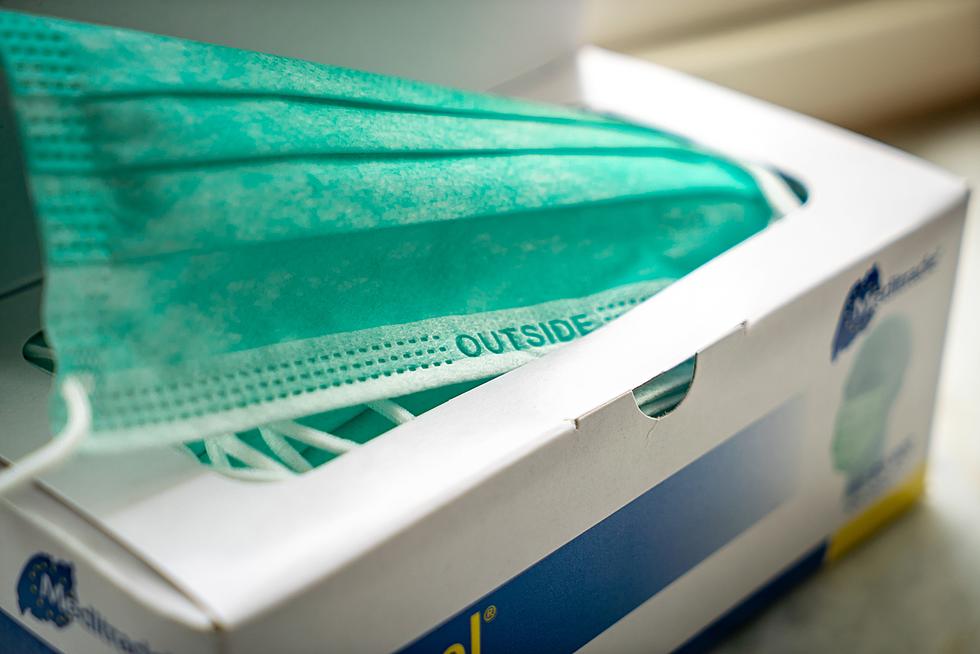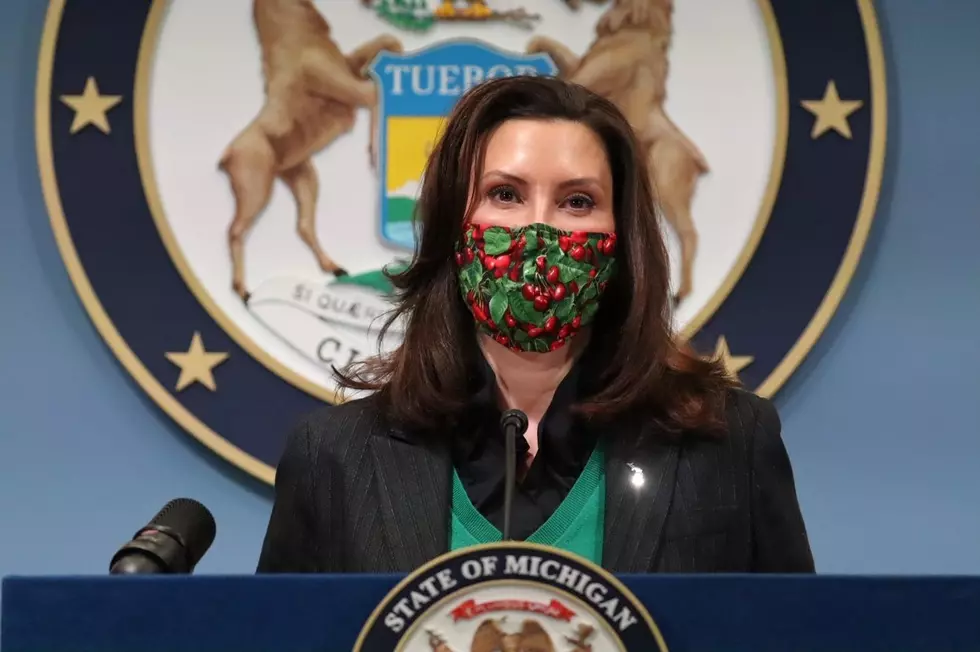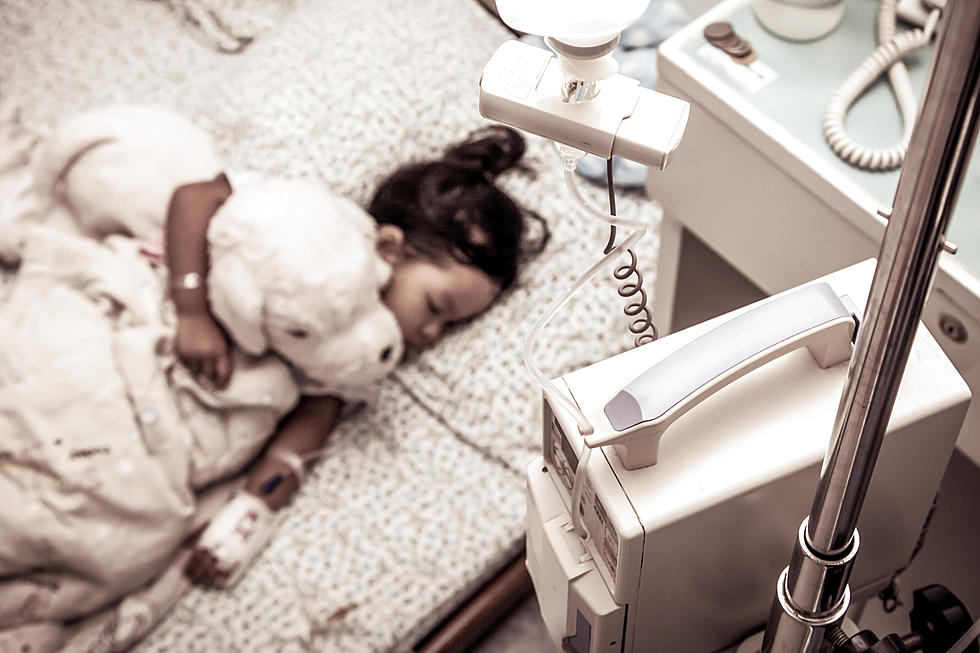
State of Michigan Adopts CDC’s Updated Quarantine, Isolation Guidelines
Friday morning the Michigan Department of Health and Human Services (MDHHS) announced it will be updating its quarantine guidance for the general public following the CDC's recent recommendations.

This follows a previous announcement in which MDHHS said it intended to "review the supporting evidence behind this guidance, while awaiting additional information from the CDC, specifically for special populations and in high-risk settings" prior to updating guidelines.
Earlier this week, the CDC recommended a shortening of the isolation time for those who test positive for COVID-19:
People with COVID-19 should isolate for 5 days and if they are asymptomatic or their symptoms are resolving (without fever for 24 hours), follow that by 5 days of wearing a mask when around others to minimize the risk of infecting people they encounter. The change is motivated by science demonstrating that the majority of SARS-CoV-2 transmission occurs early in the course of illness, generally in the 1-2 days prior to onset of symptoms and the 2-3 days after.
The CDC also updated the quarantine recommendations for those who are exposed to COVID-19 and are not vaccinated or have not received their booster to five days followed by an additional five days of wearing a well-fitting mask around others.
MDHHS points out that the updated guidance is specific to the general public and does not change the current guidance recommendations for congregate settings, early childcare or K-12 settings, which should continue to use existing guidelines and policies regarding quarantine and isolation. MDHHS reminds that guidance will continue to evolve as more information is learned from CDC.
MDHHS chief medical executive, Dr. Natasha Bagdasarian, said in a release,
We have safe and effective tools for preventing the spread of COVID-19. Getting vaccinated continues to be the best protection against severe illness and hospitalization, and we urge all Michiganders over age 5 to get vaccinated as soon as possible. These most recent updates to the quarantine and isolation guidelines are a reflection on our progress as we learn more about COVID – but we are not in the clear as variants like omicron continue to create new challenges in the fight to end this pandemic. Continue to wear well-fitting masks over your nose and mouth, test and social distance to prevent the spread of COVID-19, avoid large gatherings and get vaccinated and boosted if you haven’t already.”
Data from the state of Michigan shows that those who are unvaccinated have 4.3 times the risk of testing positive for COVID-19 and 12.2 times risk of dying from COVID-19 compared to people who are fully vaccinated.
Spectrum Health recently shared the graph on COVID-19 hospitalizations.
For vaccine locations near you, visit VaccineFinder.org.
Answers to 25 common COVID-19 vaccine questions
More From 94.9 WMMQ




![Michigan Woman Tests Positive for COVID-19 on Flight to Iceland, Isolates in Bathroom 5 Hours [VIDEO]](http://townsquare.media/site/43/files/2021/12/attachment-Marisa-Fotieo-TikTok-2.jpg?w=980&q=75)





